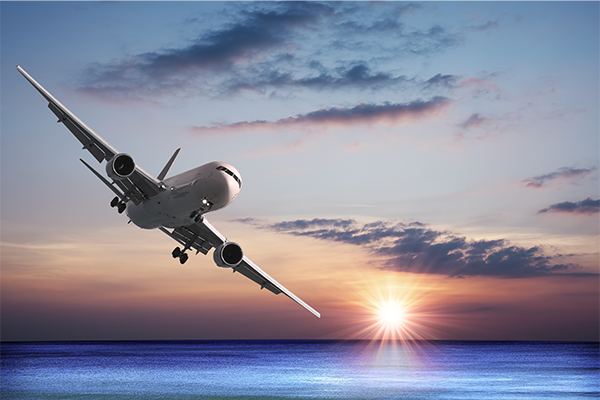
Washington, June 16, 2022 – The International Association of Machinists and Aerospace Workers (IAM) applauds the U.S. House Transportation and Infrastructure Committee for approving the Global Aircraft Maintenance Safety Improvement Act (H.R. 7321). The bi-partisan legislation, introduced by committee chairman Peter DeFazio (D-OR), would strengthen Federal Aviation Administration (FAA) oversight of commercial airline repair facilities outside the United States.
The panel’s action advances the legislation for full House floor consideration of DeFazio’s bill, which would include measures such as unannounced FAA inspections of foreign repair stations, and set minimum qualifications for mechanics and other workers, including drug testing and background checks.
“Our hard-working members take pride in making sure their work at carriers such as American Airlines, Hawaiian Airlines and others focuses on safety regulations set by the federal government,” said IAM Air Transport General Vice President Richard Johnsen. “It’s only fair that their counterparts working at facilities overseas abide by such high U.S. standards.”
The IAM is the largest airline union in North America, representing over 100,000 airline workers.
“I want to thank Chairman DeFazio for introducing this very important legislation that will help ensure airline passenger safety is a top priority globally,” said IAM International President Robert Martinez, Jr. “The lack of uniform regulatory standards and oversight sets an unlevel field with carriers increasingly enticed by the financial incentives to push this work overseas. This results in job losses in the U.S. and risks passenger safety.”
Prior to the COVID-19 pandemic, more than 900 aircraft maintenance and repair stations have been certified by the FAA outside the U.S., which includes countries such as China, Singapore and Brazil.
The International Association of Machinists and Aerospace Workers (IAM) is one of the largest and most diverse industrial trade unions in North America, representing approximately 600,000 active and retired members in the aerospace, defense, airlines, railroad, transit, healthcare, automotive, and other industries.